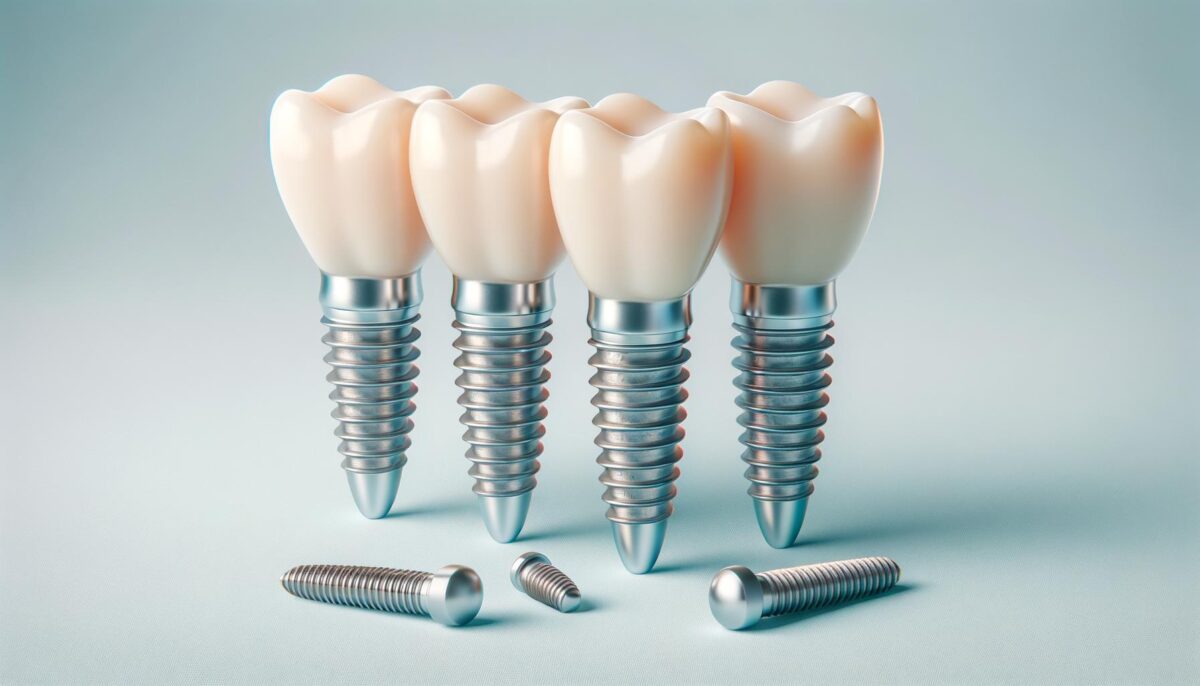Understanding Dental Implants
Dental implants are sophisticated dental devices designed to replace missing teeth with natural-looking alternatives. Essentially, a dental implant comprises a titanium post that is surgically inserted into the jawbone, acting as a stable foundation for various dental prostheses, such as crowns or dentures. For many individuals, dental implants provide a long-term solution that promotes oral health and enhances aesthetic appeal. The process begins with a thorough assessment by a dental professional to determine candidacy for implants, as factors like bone density and overall oral health play crucial roles in successful implantation. Beneficial in numerous ways, dental implants offer functionality akin to natural teeth, allowing individuals to enjoy their favorite foods and regain confidence in their smile.
The Benefits of Choosing Dental Implants
The advantages of dental implants are numerous, making them a preferred choice for many seeking tooth replacement options. One primary benefit is their durability and longevity. Unlike traditional bridges or dentures, well-maintained dental implants can last a lifetime. Patients appreciate the permanence of this solution, resulting in fewer visits to the dentist for repairs or adjustments. Moreover, dental implants help preserve jawbone integrity, preventing bone loss that typically follows the loss of a natural tooth. This preservation supports facial structure and prevents the sagging appearance often associated with missing teeth. Additionally, dental implants blend seamlessly with existing teeth, ensuring a natural look that boosts self-esteem and social comfort. People who opt for dental implants often enjoy improved quality of life due to enhanced oral functionality.
The Implant Procedure: What to Expect
Undergoing a dental implant procedure is typically a multi-step process that requires careful planning and patience. Initially, the dentist will conduct a comprehensive oral examination, which may include X-rays or 3D imaging to assess bone structure and plan the precise placement of the implant post. Following this evaluation, the surgical procedure is scheduled, during which the implant is placed into the jawbone under local anesthesia. Afterward, a period of osseointegration occurs, where the bone grows around the implant, firmly anchoring it in place. This process can take several months, but it is crucial for the long-term success of the implant. Once osseointegration is complete, an abutment is attached to the implant, which holds the final crown or bridge securely. Throughout the process, regular follow-ups with the dental specialist ensure everything is healing correctly and on schedule.
Aftercare and Maintenance of Dental Implants
Proper aftercare and maintenance are vital to the longevity and success of dental implants. Immediately following the surgery, patients should adhere to the dentist’s instructions, which typically include recommendations for managing discomfort and avoiding certain foods to facilitate healing. Maintaining excellent oral hygiene is crucial; brushing at least twice a day and flossing daily are essential practices. Routine dental check-ups are also important, as they allow the dentist to monitor the implant and ensure that surrounding gum tissue and bone remain healthy. It’s recommended to use interdental brushes or water flossers to clean hard-to-reach areas around the implant. By incorporating these daily routines and professional visits, patients can enjoy the full benefits of their implants for many years.
Who Should Consider Dental Implants?
Dental implants are a suitable option for a wide range of patients, though not everyone may be an ideal candidate. Individuals missing one or more teeth and looking for a long-term solution often find implants to be an attractive choice. Good candidates typically have adequate bone density to support the implant and are in good overall health, as certain medical conditions or medications may affect bone healing. Non-smokers tend to have better outcomes, as smoking can impair the healing process. For those considering this treatment, a thorough consultation with a dental professional is essential to evaluate personal health factors and create a tailored treatment plan that addresses specific needs and concerns. Offering a chance to restore both function and appearance, dental implants can significantly enhance the quality of life for recipients.
Conclusion
Dental implants have set a new standard in restorative dentistry, providing reliable, natural-looking solutions for individuals dealing with tooth loss. Through a combination of thorough planning, surgical expertise, and diligent aftercare, dental implants can transform not only smiles but also how recipients interact with the world around them. Whether contemplating a single tooth replacement or a full arch restoration, dental implants hold the potential to rejuvenate oral health and self-confidence, allowing individuals to eat, speak, and smile with ease once more.
